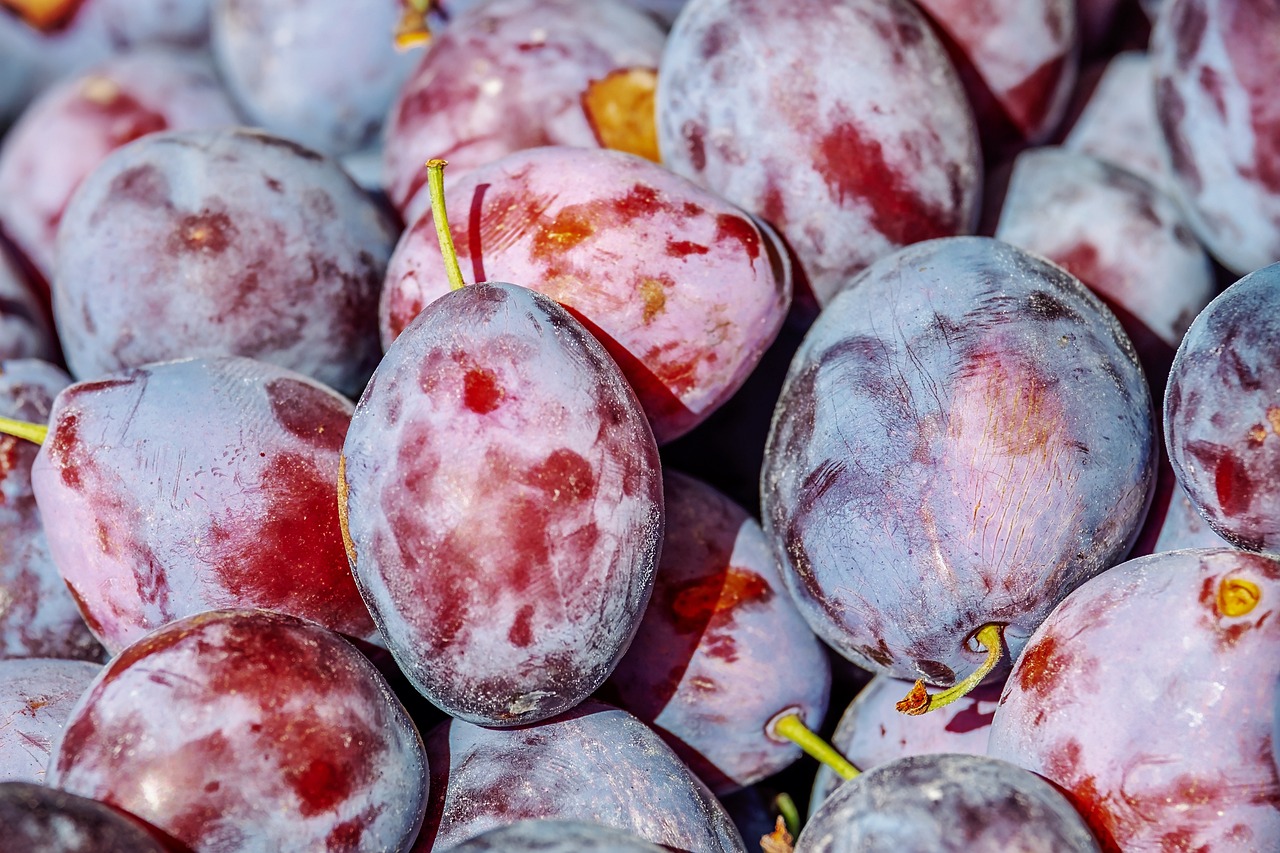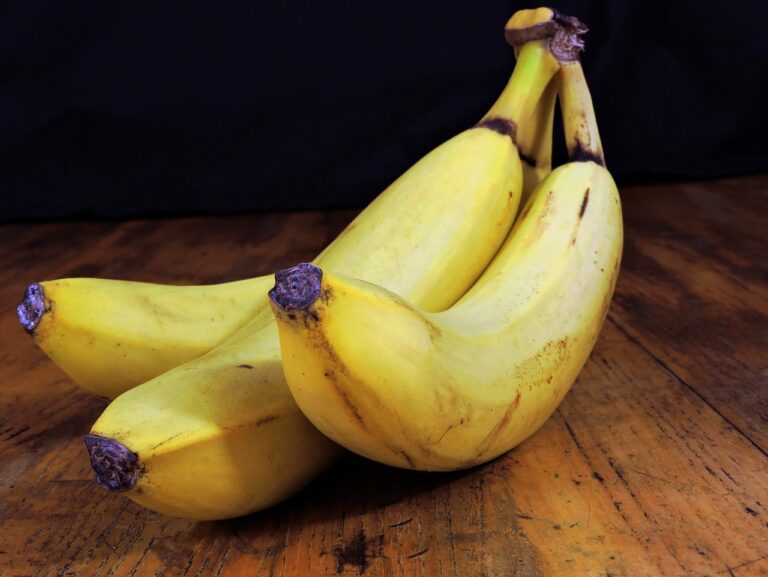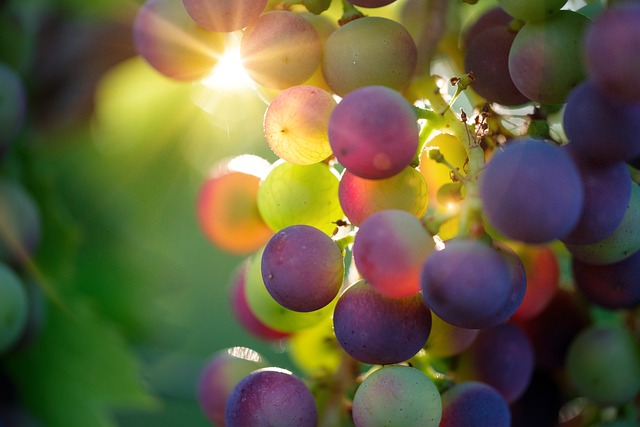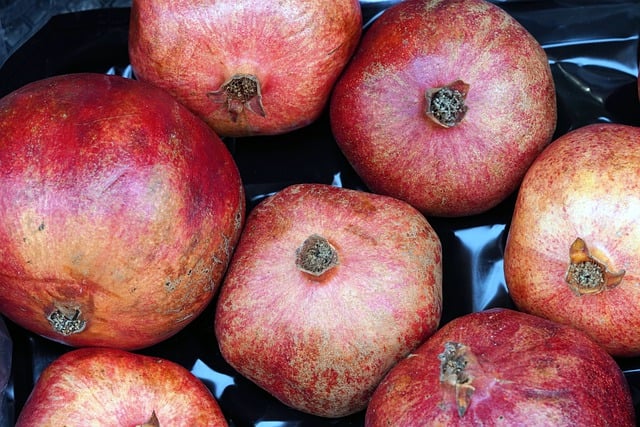Market Analysis: The Organic Beverage Market
all panel 777, lesar247, 99 exch:The organic beverage market has been steadily growing over the past few years as consumers become more health-conscious and seek out natural, organic options for their drinks. With a focus on clean ingredients, sustainable practices, and ethical sourcing, organic beverages have gained popularity among a wide range of consumers, from health enthusiasts to environmental advocates.
In this article, we will delve into the market analysis of the organic beverage industry, exploring key trends, market dynamics, and growth opportunities in this rapidly expanding sector.
Key Market Trends:
1. Increased Consumer Demand: Consumers are becoming increasingly aware of the health benefits of organic beverages compared to conventional options. As a result, they are willing to pay a premium for products that are free from artificial ingredients, pesticides, and synthetic additives.
2. Expansion of Distribution Channels: Organic beverages are no longer limited to specialty health food stores. They are now widely available in supermarkets, convenience stores, online platforms, and even cafes and restaurants, making them more accessible to a broader audience.
3. Innovation and Product Development: The organic beverage market is witnessing a surge in product innovation, with manufacturers introducing new flavors, formulations, and packaging options to cater to evolving consumer preferences. From cold-pressed juices to kombucha and plant-based milk alternatives, there is a wide variety of organic beverages to choose from.
Market Dynamics:
1. Competitive Landscape: The organic beverage market is highly competitive, with both established players and new entrants vying for market share. Companies are investing in brand building, marketing campaigns, and product differentiation to stand out in a crowded marketplace.
2. Regulatory Environment: Regulations governing organic certification vary by country, creating challenges for international brands looking to expand into new markets. Manufacturers must comply with strict standards to maintain the integrity of their organic claims and build trust with consumers.
3. Sustainability and Ethical Sourcing: Consumers are not only interested in the health benefits of organic beverages but also in the sustainability practices of the companies behind the products. Ethical sourcing, fair trade partnerships, and eco-friendly packaging are increasingly important factors driving purchasing decisions.
Growth Opportunities:
1. Diversification of Product Offerings: Manufacturers can capitalize on the growing demand for organic beverages by expanding their product lines to include a broader range of options, such as functional beverages, ready-to-drink teas, and sports drinks.
2. Market Penetration: There is still significant untapped potential in emerging markets where consumer awareness and adoption of organic beverages are on the rise. Companies can leverage strategic partnerships, distribution agreements, and marketing initiatives to gain a foothold in these regions.
3. Online Retailing: E-commerce has become a key driver of growth for the organic beverage market, with an increasing number of consumers turning to online platforms to purchase their favorite drinks. Brands that invest in digital marketing, customer engagement, and e-commerce capabilities stand to benefit from this trend.
FAQs:
Q: Are organic beverages healthier than conventional options?
A: Organic beverages are made from ingredients that are grown without synthetic pesticides, herbicides, or genetically modified organisms (GMOs), making them a healthier choice for many consumers. However, it’s essential to read labels and choose products that align with your dietary preferences and health goals.
Q: What certifications should I look for when purchasing organic beverages?
A: Look for products that are certified organic by reputable organizations such as the USDA (United States Department of Agriculture) or the EU Organic Certification. These certifications ensure that the ingredients meet specific organic standards and have undergone rigorous testing and verification processes.
Q: Are organic beverages more expensive than conventional drinks?
A: Yes, organic beverages typically command a higher price point due to the cost of sourcing organic ingredients, maintaining certifications, and adhering to sustainability practices. However, many consumers consider the health and environmental benefits worth the premium price tag.
In conclusion, the organic beverage market presents exciting opportunities for growth and innovation, driven by consumer demand for natural, sustainable, and healthy drink options. By staying abreast of market trends, leveraging distribution channels, and focusing on product quality and differentiation, companies can position themselves for success in this dynamic and evolving industry.







